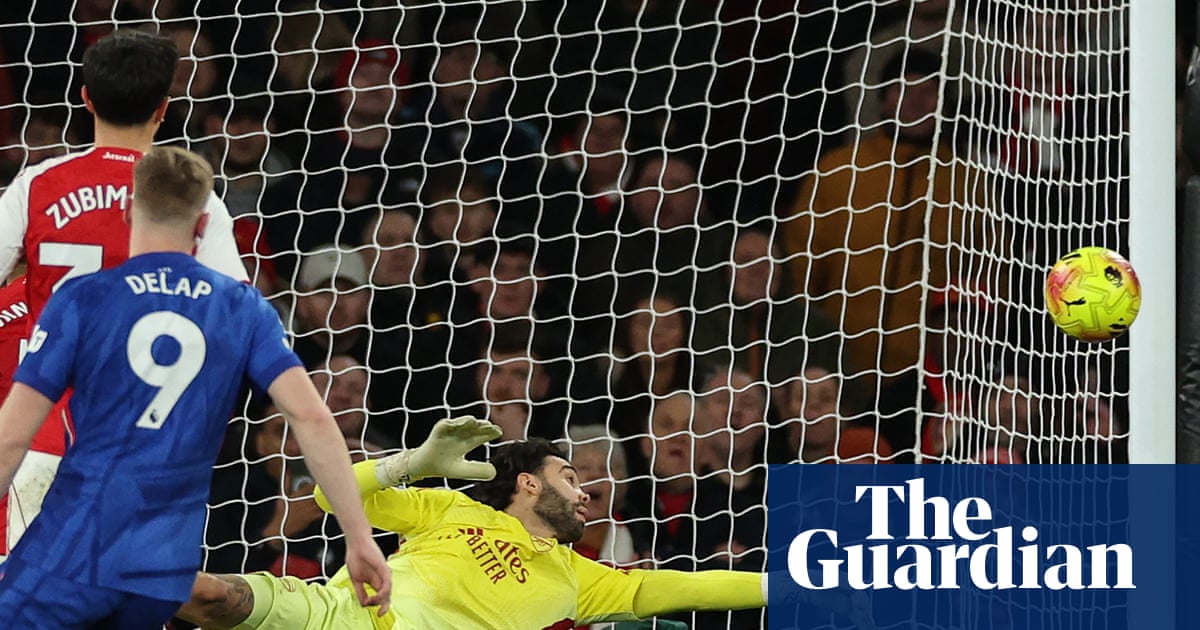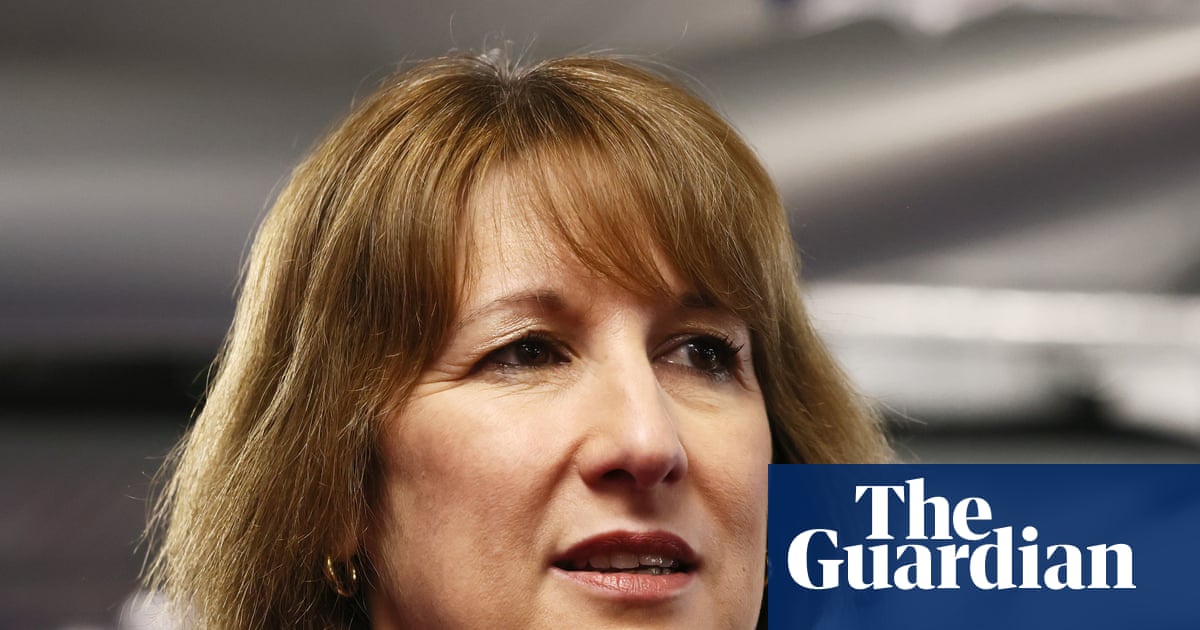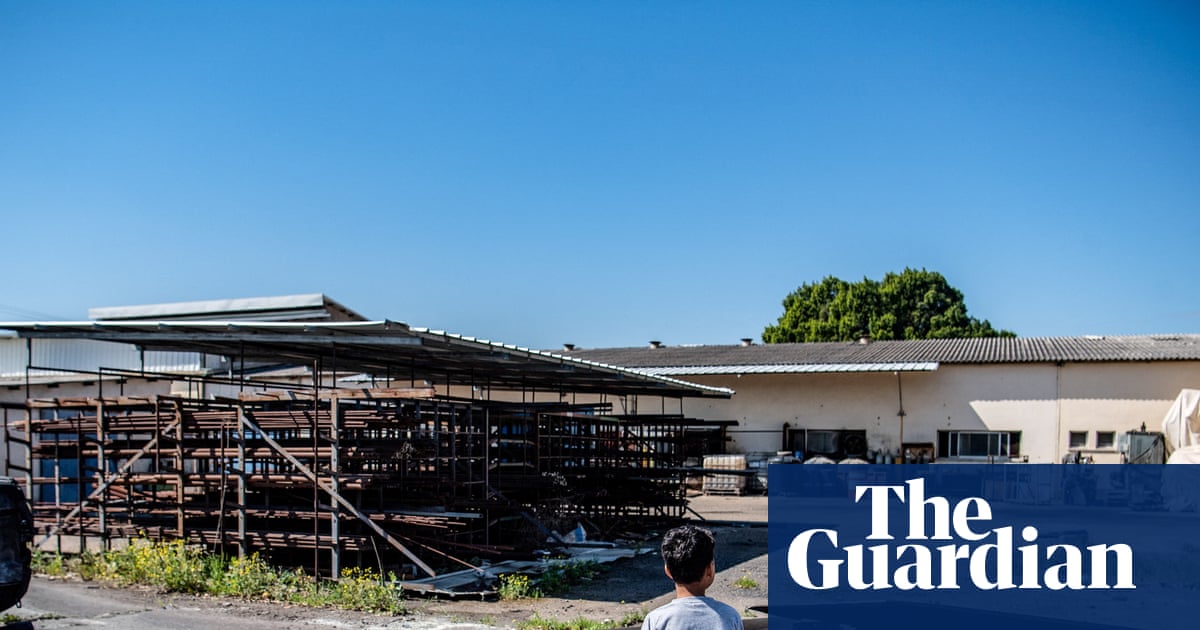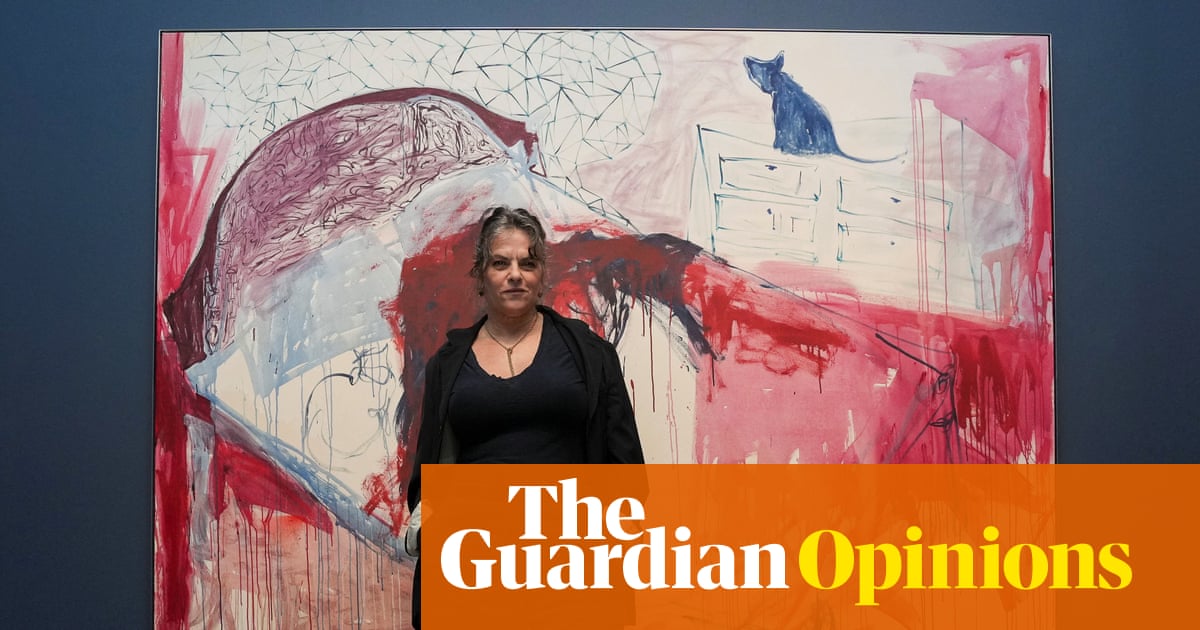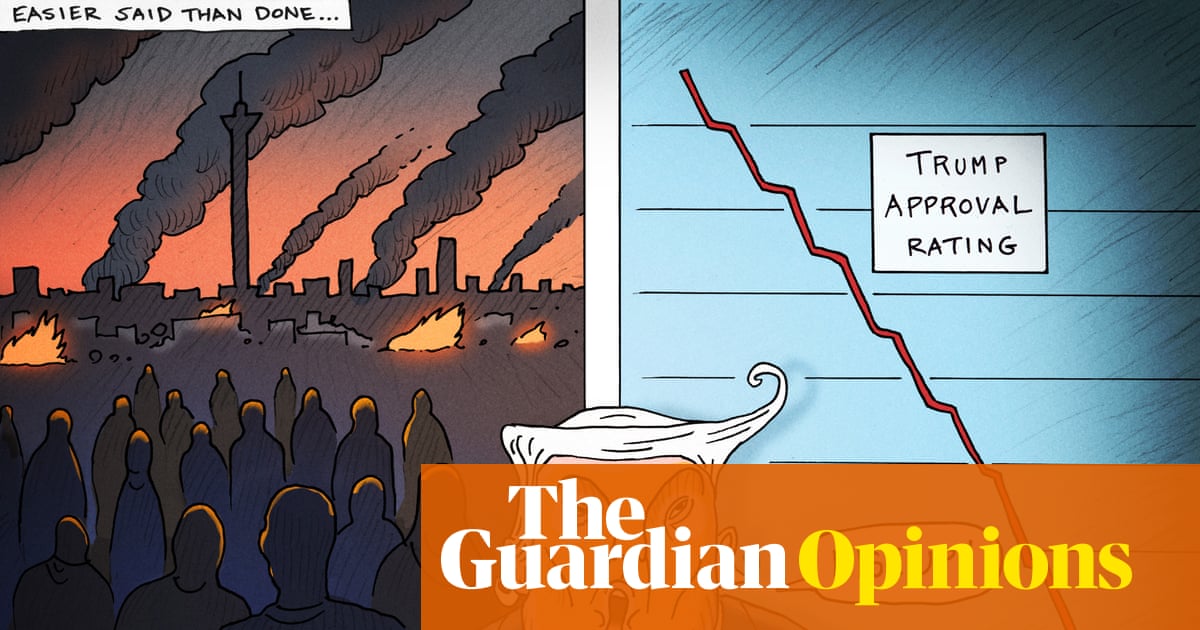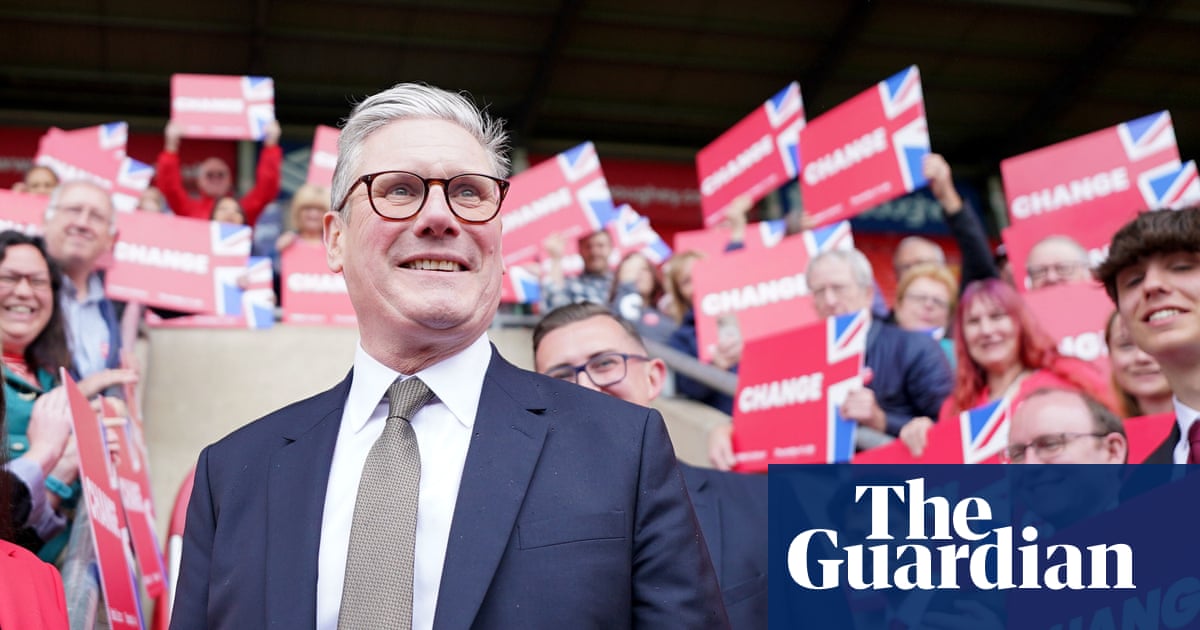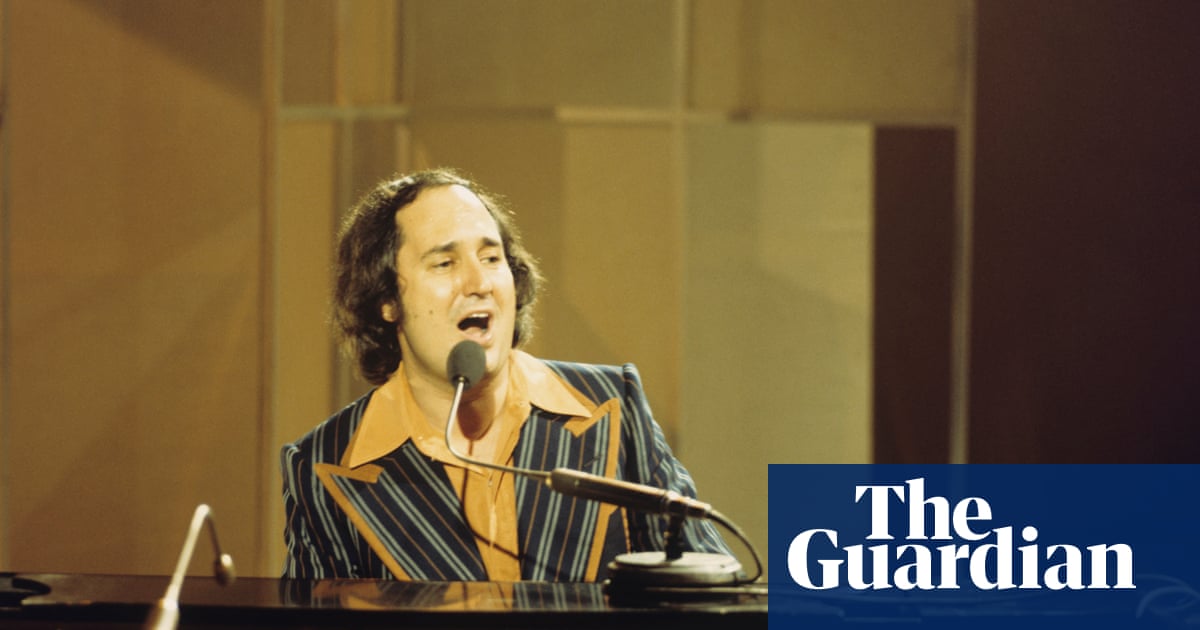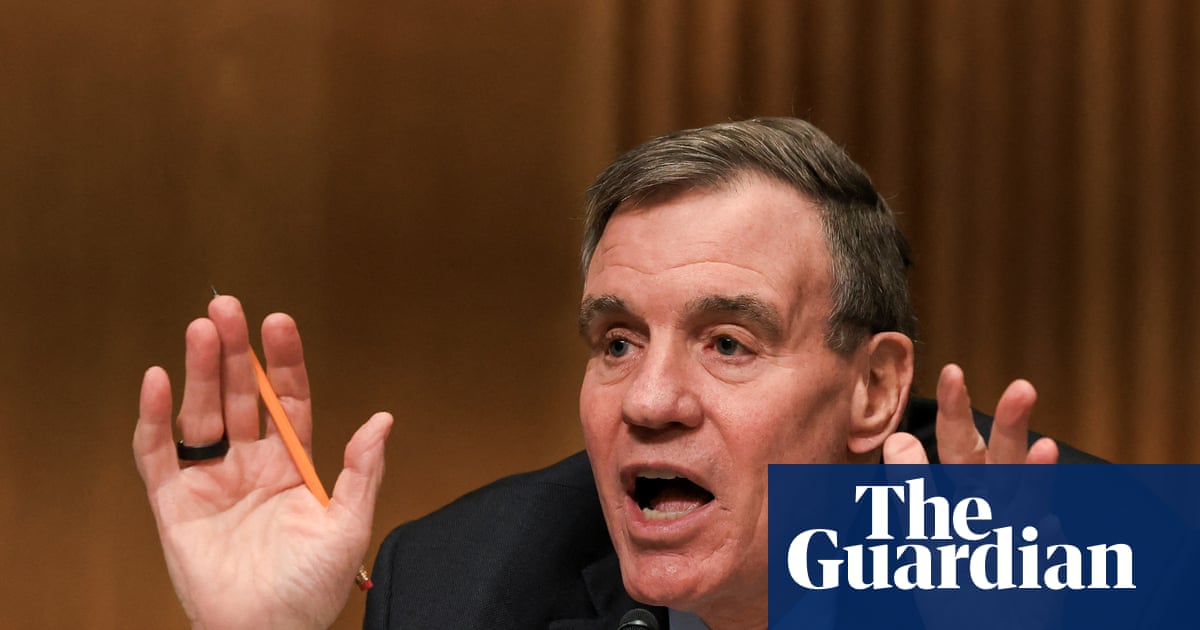Public satisfaction with the NHS is at its lowest ever level, according to the most recent British Social Attitudes survey: just 21% of patients are quite or very satisfied with the state it is in. Deep analysis of the feedback makes for grim reading. Jim Mackey, the chief executive of NHS England, now warns: “We have damaged our relationship with the population and it’s their service. We only exist at their will.” Public satisfaction is one of the most important of all targets, he said, along with the NHS staff survey, which shows that only 64% would recommend their service to a family member.
He was speaking at the King’s Fund annual conference this week, where graphs showing public attitudes cast waves of gloom. Access to GPs, hospital appointments and A&E were top public concerns; social care has only 13% approval; and the young are more dissatisfied than the old. On quality, the public is a little more forgiving: 51% were pleased with the quality of NHS care. But people are perverse. Nearly three-quarters think the NHS doesn’t get enough money and it needs more staff – yet people are evenly split on whether to pay more tax to fund the NHS, or stay as we are. People use an easy excuse for not paying more for public services: 51% claim the NHS doesn’t spend its money well. One incident, one pointless letter sends a message of inefficiency.
This fall in satisfaction is deeply wounding to the self-image of a country that counts the NHS as the top reason to be proud of Britain: remember those children bouncing on NHS beds at the London 2012 Olympic Games opening ceremony. There is a national belief that the NHS brings out the best in us, never more than when volunteers poured in to help during the Covid-19 pandemic. But how secure is that collective good will, with its equalising impulse? When offered a long list of NHS priorities, people ranked “improving the health of the disadvantaged” last. The public doesn’t share the NHS’s own commitment to reaching those least likely to come forward for early care, in maternity, cancer or screening. And increasing numbers of the public don’t seem to respect NHS workers, according to some speakers at the conference. One leader in the ambulance service warned of the escalating racist violence against paramedics; other NHS speakers blamed the increasing political discourse focusing on race and illegal migration for the rising racism against staff.
Yet support for those founding NHS principles remains strong: 91% say it should definitely or probably be free at the point of use to everyone, and funded by general taxation (80%). But there is a worrying wobble: the number saying it should “definitely” be available to all fell from 67% to 56% last year. Who would they exclude – the undeserving, the foreign-born or anyone not like them? Reform party supporters are least satisfied with the NHS (13%). They are least likely to believe in those founding principles of the NHS.
These attitude surveys can’t tell us where people get views from. Is all this dissatisfaction from direct personal experiences, or those of a family or friend, or of the 1.5 million who work in it – or from the horror anecdotes that make the news? Seeing that stark 7.4 million waiting list number may be enough for some to make their judgment. The rightwing media is hostile to the NHS on principle, ever eager for discrediting stories. For there is a chasm in “satisfaction with the NHS” between the general public and patients actually using the services. The Care Quality Commission constantly surveys patients: those coming out of hospital mostly report good treatment, and people are pretty satisfied with their GPs, with 75% finding their experience good. But Dan Wellings, the King’s Fund analyst making this week’s presentation, points to the perennial problem: even highly satisfied patients still believe the worst of the NHS, assuming they’ve been lucky against the odds.
The NHS is the political talisman by which voters judge the state of all public services. Labour switchers tell More in Common that they will judge whether to return by the state of the service. By when? Voters are insanely impatient: 65% of those Labour switchers only gave them a year to make a difference; 10% expected it “immediately”.
Labour inherited this ocean liner leaking below the hull, bitterly remembering that they handed it over in 2010 in its best condition ever. Now winter flu is arriving in hospitals early, resident doctors are striking without enough cause and this government seems blighted by any passing stroke of bad luck. But the Health Foundation’s latest polling shows a beginning of a break in the clouds. Referrals on to the waiting list increase by 1.5%, while removals from the waiting list rise by 2.3% – nearly enough to meet the target this parliament of 92% starting treatment within 18 weeks. They also find “people’s experiences of their local NHS services are notably more positive than views of how the health service is performing overall”. Views of local services are net positive: 46% say their local NHS gives them a good service; 28% disagree. In survey after survey, those who use the NHS most are most positive about it.
What’s needed is a reminder that the NHS is a collective service. Citizens own it and share it. Tony Blair wanted to make booking a hospital bed as easy a choice as booking an air ticket, but that was a disastrously misleading category error. Patients are not shoppers or consumers. Most people understand that. But some need reminding that in a system limited by taxpayers’ cash, one group lobbying successfully means another group of patients gets less. Most people, according to the King’s Fund researchers, do keep that sense of social solidarity. But beware these cracks emerging from Reform supporters.
after newsletter promotion
-
Polly Toynbee is a Guardian columnist

.png) 3 months ago
89
3 months ago
89
